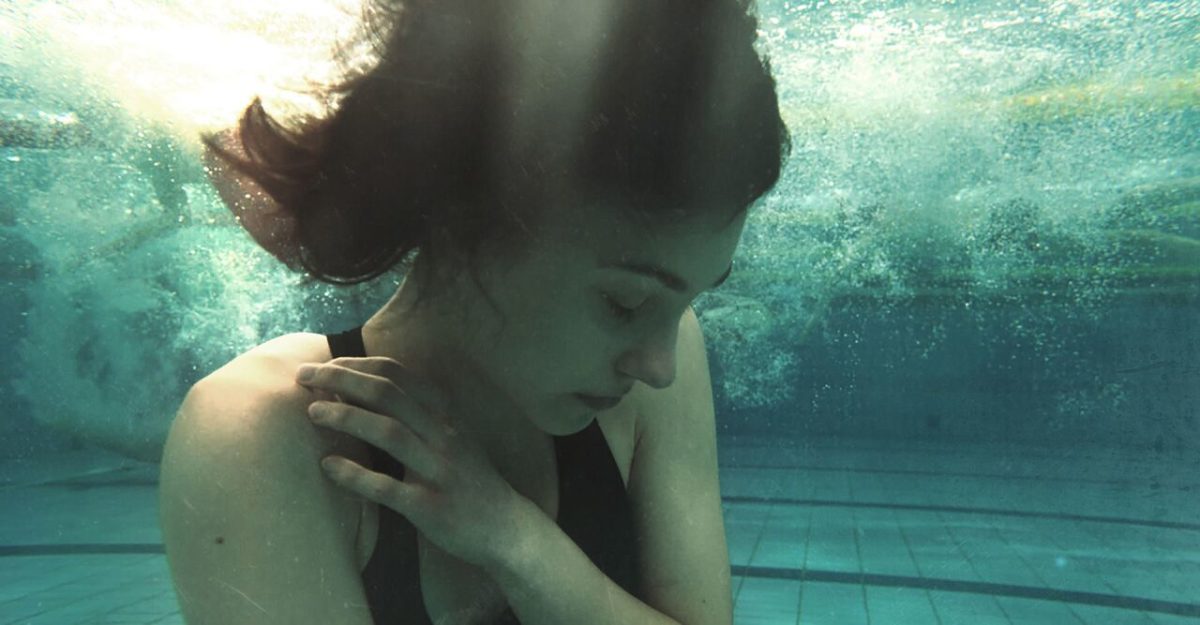In his (melo)dramatic triptych Genezis (2018), writer-director Árpád Bogdán portrays (the aftermath of) the 2007-2008 horrendous killings of Hungarian Romani families. Inspired by real life events, the story is told from three different perspectives, each assigned a chapter.
In the first part of the film, we meet 9-year-old Ricsi, the only survivor of a racist attack on a few gypsy families. His traumatized, penetrating eyes guide us slowly through his troubled life. In the second part, the film adopts another point of view: that of the pregnant, deaf high school girl and archer Virág, whose lover turns out to be anything but a cutie. Last, and probably least, we follow gorgeous cry-baby lawyer Hanna. Three generations of people who find themselves in a gloomy world full of broken families, hate, clashing ideas and deceased dogs.
According to the director, the biblical reference in the title refers to a new beginning, a new hope. The mandatory last-minute happy end reflects how inauthentic this statement feels: after bathing in misery for two hours straight, Bogdán treats his audience with a deus ex machina conclusion that solves racism once and for all. More interestingly, some motifs and parallels in the film resonate with the fresh start idea as well. The three consecutive chapters intertwine and present both life and death. For example, the shelter Virág works at is forced to massacre all the dogs infected with rabies; a few shots later, she is hugging a handful of adorable puppies. Other recurring connections are those between water as a refuge and the aggressiveness of fire, or the slaughtering of animals and the crimes against the gypsies.
The film, however, lingers for too long, and its total lack of detail burdens the viewer with its tiresome emptiness. Bogdán seems very proud of the few metaphorical elements he has managed to put on display, and reuses them — in all seriousness — time and time again, making everything with an initially natural feel eventually seem lazy and exploited. After his traumatising experience, for example, Ricsi verbally shuts down and goes 2007 Britney Spears bonkers with his hairstyle. While the troubled boy is endearing at the start, one eventually begins to wonder if he’s nothing but a cheap mean to establish tear-jerking compassion (this way hitting the soft spots of devout matinée-grannies). Hanna, too, seems rather like a tool to push the narrative towards a half-baked round-up than a character with at least some kind of relevance. Her day-to-day activities include staring at cardboard boxes and crying on a treadmill, as if the feeling of powerlessness and/or circularity wasn’t already there to begin with. Virág has slightly more agency (ánd archery skills), but her isolating vibe of continuous mental half-presence just contributes to the dullness of the experience that is watching Genezis.
This way, the film has the feel of a generic sob story, with a far from challenging morality-vibe genre ‘racism is bad’ and an uninspiringly lazy ending. Photographed template-wise, the grey and drab environment seems an infertile ground for initiative, liveliness or anything other than misery.
